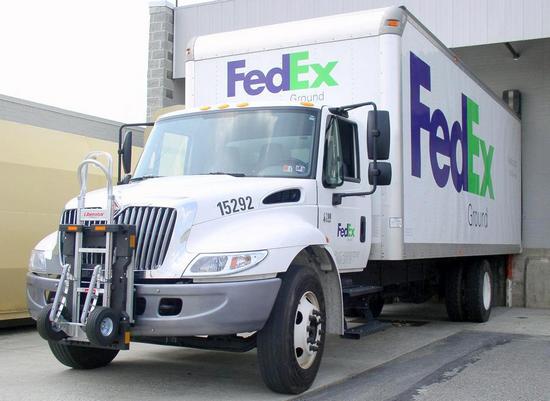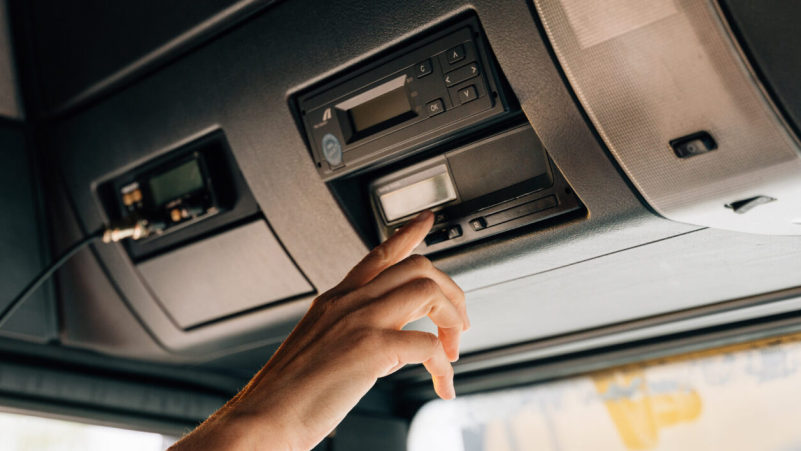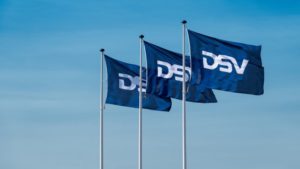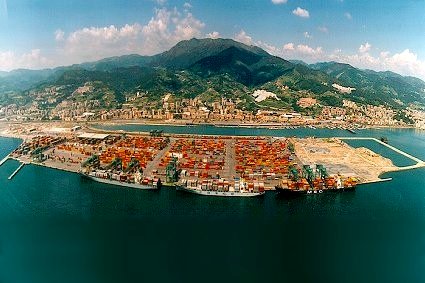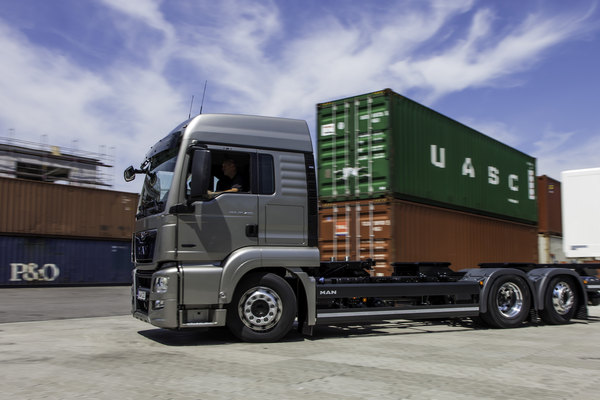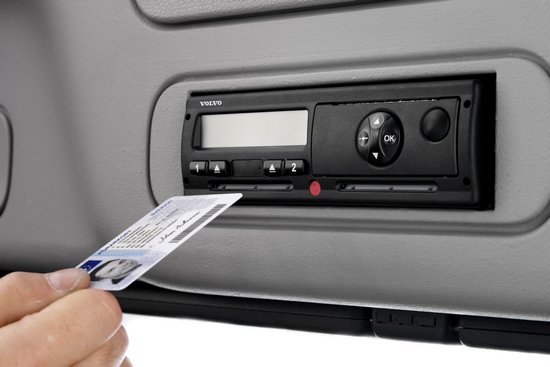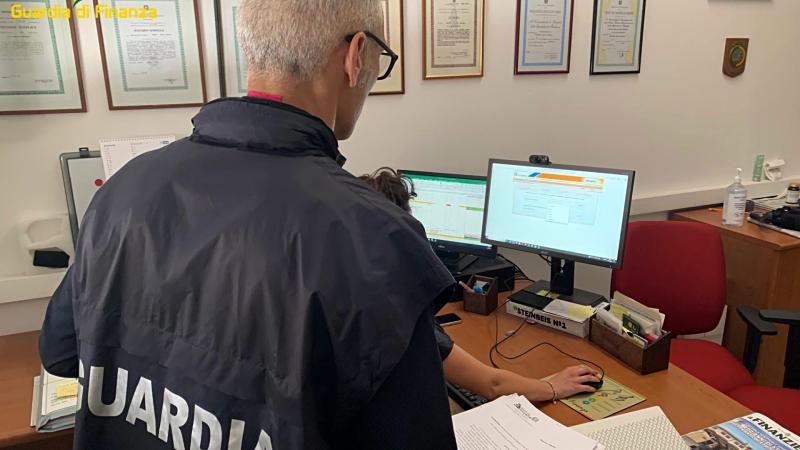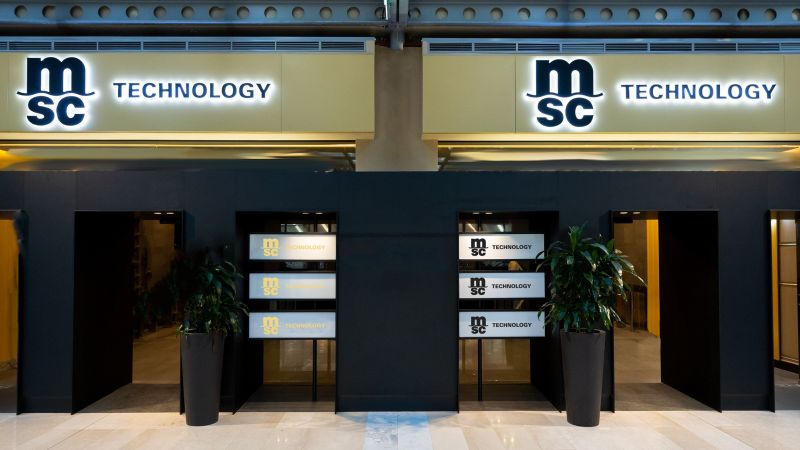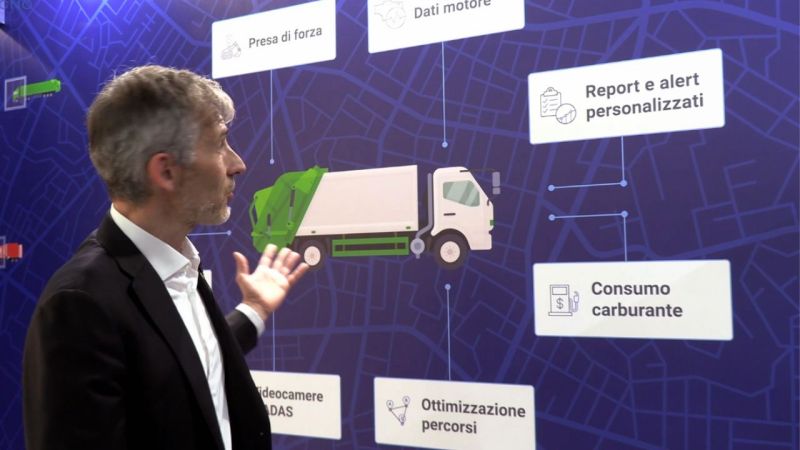Shortly after the announcement that Deutsche Bahn's Board of Directors had approved the sale of DB Schenker to DSV for 14 billion euros, on September 13, 2024, Bloomberg's Francine Lacqua interviewed Jens Lund, the CEO of the Danish giant, to understand the strategy behind this transaction. Lund's first response was clear: to become the strongest logistics operator globally, noting that previous acquisitions have increased the Group's efficiency.
From an economic perspective, Lund estimates that revenue will hover around 40 billion euros, with growth outpacing the market average. Lacqua raised a crucial issue causing concern in Germany: the potential for staff reductions. Lund acknowledged that there will be a transitional phase during which layoffs will be necessary, but he emphasized that once the new organization is in place, the Group will expand. But how long will the transition last? The DSV CEO estimated it will take at least two to three years.
When asked whether DSV would remain open to further acquisitions, Lund affirmed this, explaining that the Group has a proven capability in this area. Following the approval of the DB Schenker purchase, he estimates DSV will capture a six to seven percent share of the global market, which remains highly fragmented—an aspect that clearly facilitates acquisitions by major players.
The next critical step for acquiring DB Schenker is the approval by theDeutsche Bahn Supervisory Board, which will discuss the matter on September 18. When asked if he is concerned, Lund acknowledged that there is always a risk, but he expressed confidence in the expertise of the corporate decision-makers and the government, which will also need to approve the deal.



